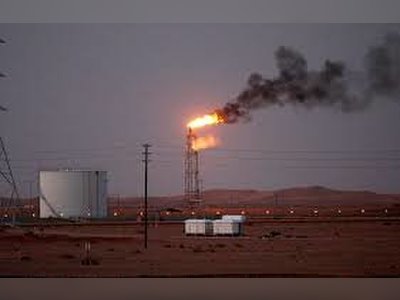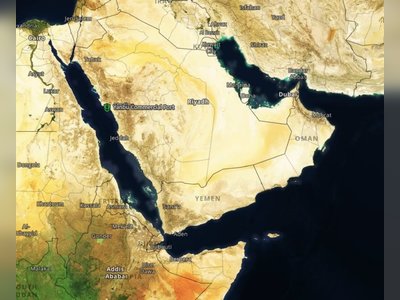
In U.S. ally Bahrain, Israel deal rallies a weakened opposition
Bahrain may have won international praise for following in the United Arab Emirates’ footsteps and establishing ties with Israel, but the dramatic move by the close U.S. ally could stir a new wave of opposition at home.
While the deal will enable Bahrain’s Sunni Muslim monarchy to win more support from Western and regional partners, it risks deepening political tensions and may energise a long demoralised opposition led by the Shi’ite majority.
Bahrain, host to the U.S. Navy’s Fifth Fleet and other international naval operations, was the only Gulf Arab state to witness a sizeable pro-democracy uprising in the 2011 “Arab Spring”, which it quashed with Saudi and Emirati help.
Low-level dissent has continued, periodically flaring into rock-throwing skirmishes and crude bomb and shooting attacks, putting the kingdom on the frontline of a region-wide tussle for influence between Iran and its Sunni rival Saudi Arabia.
The government has used an array of powers to quell the unrest: Arrests, security raids, revoking of citizenship and bans on opposition parties and newspapers have helped reduce the risk of big popular protests.
But anger has boiled anew since the deal was announced on Friday.
Sporadic street protests have taken place each night since the accord, which the government says supports “peace between Bahrain and Israel”. The authorities avoid the contested term “normalisation”, which to some suggests entrenching Israel’s diplomatic and military superiority over Palestinians.
“I am Bahraini and the Bahraini regime does not represent me,” read one protest banner, shared on social media.
Bahrain, host to the U.S. Navy’s Fifth Fleet and other international naval operations, was the only Gulf Arab state to witness a sizeable pro-democracy uprising in the 2011 “Arab Spring”, which it quashed with Saudi and Emirati help.
Low-level dissent has continued, periodically flaring into rock-throwing skirmishes and crude bomb and shooting attacks, putting the kingdom on the frontline of a region-wide tussle for influence between Iran and its Sunni rival Saudi Arabia.
The government has used an array of powers to quell the unrest: Arrests, security raids, revoking of citizenship and bans on opposition parties and newspapers have helped reduce the risk of big popular protests.
But anger has boiled anew since the deal was announced on Friday.
Sporadic street protests have taken place each night since the accord, which the government says supports “peace between Bahrain and Israel”. The authorities avoid the contested term “normalisation”, which to some suggests entrenching Israel’s diplomatic and military superiority over Palestinians.
“I am Bahraini and the Bahraini regime does not represent me,” read one protest banner, shared on social media.











